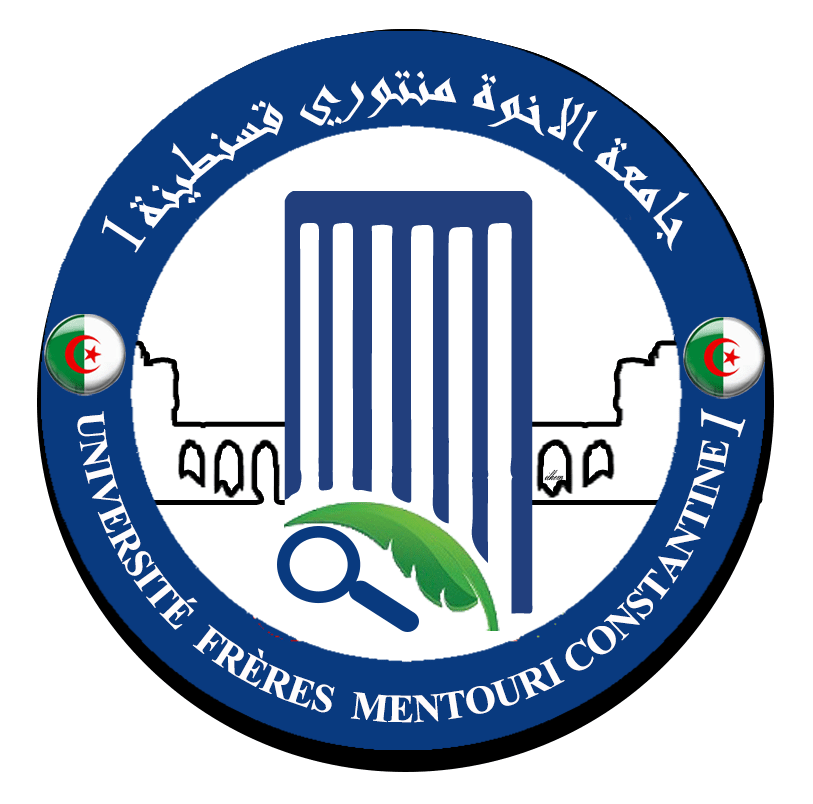Etude Multicentrique Des Effets Du Jeûne Du Ramadan Chez Une Population De Diabétiques (2013)
Résumé: The fasting of Ramadan is one of the five pillars of Islam. Many sick patients whose diabetics fast despite the religious exemption granted by the Holy Qur'an. The objective of this thesis is to study the effects of the fast of the Ramadan in a population of diabetics. A multicentric study using questionnaires on 13 cities in Algeria carried on the follow-up of 2708 diabetics before, during and after the month of Ramadan. The first part related with the analysis of the behavior of diabetics with regard to Ramadan fasting and to know the points of views of physicians, religious and diabetics association staffs. A second part concerned complication related to fasting, biochemical and clinical parameters, diet, anthropometry and physical activity of diabetics in addition to healthy controls. The last part of this thesis was to evaluate the impact of nutritional education sessions (NES) on a population of 158 type 2 diabetics by comparing two groups of subjects The results showed that no fasting diabetics (NFDTM) treated the subject of fasting with physicians significantly more than fasters (93.6% vs 54.7%; p=0.0000). Decision-making factors of fasting diabetics (FDTM) were more oriented towards religious beliefs than social or clinical (p<0.001). A multidisciplinary collaboration (physicians, religious, association) to better advise diabetics has been approved by all actors in the management of diabetes. The second part of this thesis has shown that fasting Ramadan is a risk factor to have at least one complication in the FDTM. Patients with Type 1 diabetes mellitus had a higher risk of complications from 2 to 5 times more than Type 2 diabetes mellitus. The biochemical and clinical assessment, diet, anthropometry and physical activity have seen changes during Ramadan. A principal component analysis showed that overweight FDTM’s were more affected by hyperglycemia than NFDTM’s. The third part of this thesis revealed that the energy intake of diabetics following NES did not differ significantly during and outside Ramadan (p>0.05). The opposite was observed in the group that did not follow these NES (p<0.05). The equilibrate reports were more in favor of the recommendations for diabetics who followed the NES. The anthropometric parameters did not undergo significant changes during the month of Ramadan A large number of diabetics fasted despite the prohibition of religion and the opinion of the doctor. The fasting of Ramadan has had some positive effects on diabetics. Dialogue, awareness and follow-up of the NES resists the quality of the diabetic patient. They must be multidisciplinary to ensure better continuity of care. This study is a scientific basis of research for the development of the topic of Ramadan and diabetes.
Mots-clès:
Nos services universitaires et académiques
Thèses-Algérie vous propose ses divers services d’édition: mise en page, révision, correction, traduction, analyse du plagiat, ainsi que la réalisation des supports graphiques et de présentation (Slideshows).
Obtenez dès à présent et en toute facilité votre devis gratuit et une estimation de la durée de réalisation et bénéficiez d'une qualité de travail irréprochable et d'un temps de livraison imbattable!


